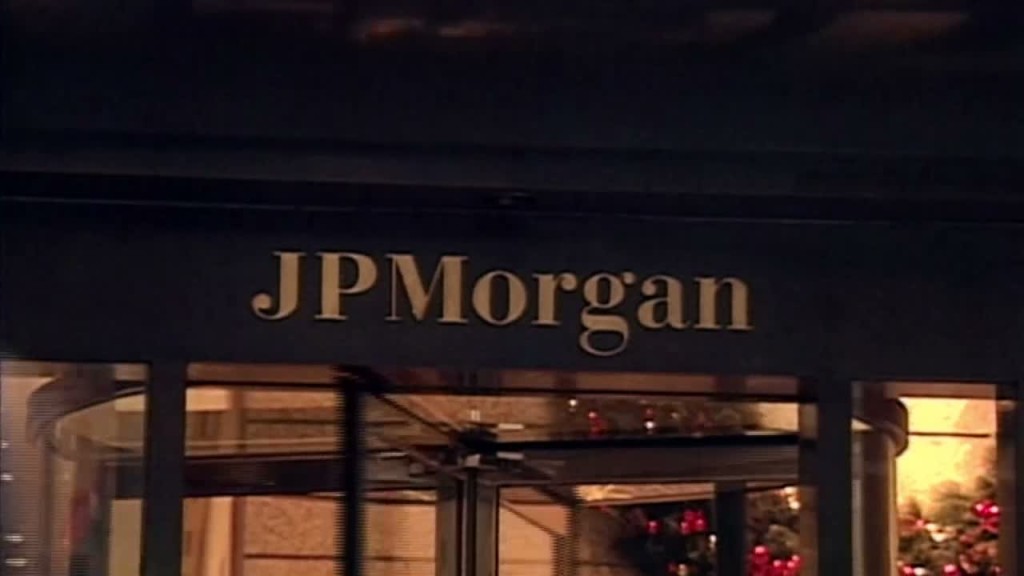JPMorgan Loss Poses Early Test For Dodd-Frank Pay Rules

May 15, 2012
Share
As JPMorgan Chase & Co. continues to deal with the fallout from its $2 billion trading loss, the nation’s largest bank has emerged as a test case for one of the thorniest issues addressed by regulators as part of the Dodd-Frank financial overhaul: executive compensation.
Specifically, should a company be allowed to reclaim any part of an employee’s compensation, stock awards or bonuses for taking excessive risks that cost shareholders?
On Monday, JPMorgan announced that Ina Drew, the company’s chief investment officer, was retiring. Drew, who helped oversee the hedging strategy that led to the loss, earned $14 million in compensation in 2011.
Under rules adopted in the wake of the financial crisis, JPMorgan may be able to reclaim those funds through a so-called clawback policy. As the bank spells out in its proxy statement, (PDF) an employee can lose out on an equity award if he or she is determined to have caused “material financial or reputational harm” to the firm, or for failing to “identify, raise, or assess, in a timely manner and as reasonably expected, risks and/or concerns with respect to risks material to the Firm or its business activities.”
Speaking to reporters at JPMorgan’s annual meeting on Tuesday, CEO Jamie Dimon said, the bank “will do the right thing … And that may well include clawbacks.”
Such a step would have been considered highly unlikely before the financial crisis, as securities law allowed bankers to keep prior compensation even if they bore responsibility for major losses. As Steven M. Davidoff reminded in DealBook:
One of the most egregious examples was Joseph Cassano of the American International Group. The executive, who headed up the A.I.G. Financial Products, kept more than $300 million in salary and bonuses despite heading the group that led the insurer to near collapse.
That will change with Dodd-Frank. Under the law, a clawback of any incentive-based compensation will be triggered if a company is forced to restate a financial statement due to a “material noncompliance” with financial reporting requirements. And unlike before the crisis, all companies listed on a public exchange must comply. (Prior to Dodd-Frank, less than half of all S&P 500 firms reported any sort of clawback policy, according to a 2011 Harvard Law School analysis.)
The question now becomes: How strict will the clawback provision be once regulators finalize the language for it? The provision is scheduled for implementation by the end of next month, and with that deadline fast approaching, policymakers are pressing for tough guidelines.
Speaking in Washington last week, Treasury Secretary Timothy Geithner described JPMorgan’s loss as “a failure of risk management” adding, “The test of reform is not whether you can prevent banks from making mistakes … the test of reform should be: Do those mistakes put at risk the broader economy, the financial system or the taxpayer?”
Geithner’s comments were echoed Tuesday by John C. Liu, New York City Comptroller and a leading proponent for aggressive clawback rules.
“Skyrocketing executive pay should not be a reward for actions that put our economy at risk and undermine the retirement security of our pensioners,” Liu said in a statement.
In the meantime, investigators at the Securities and Exchange Commission, the Commodities Futures Trading Commission, the Department of Justice, and the Federal Bureau of Investigation have all opened inquiries into the circumstances surrounding JPMorgan’s loss.

Related Documentaries
Latest Documentaries
Related Stories
Related Stories
Explore
Policies
Teacher Center
Funding for FRONTLINE is provided through the support of PBS viewers and by the Corporation for Public Broadcasting, with major support from Ford Foundation. Additional funding is provided the Abrams Foundation, Park Foundation, John D. and Catherine T. MacArthur Foundation, Heising-Simons Foundation, and the FRONTLINE Trust, with major support from Jon and Jo Ann Hagler on behalf of the Jon L. Hagler Foundation, and additional support from Koo and Patricia Yuen. FRONTLINE is a registered trademark of WGBH Educational Foundation. Web Site Copyright ©1995-2025 WGBH Educational Foundation. PBS is a 501(c)(3) not-for-profit organization.





















